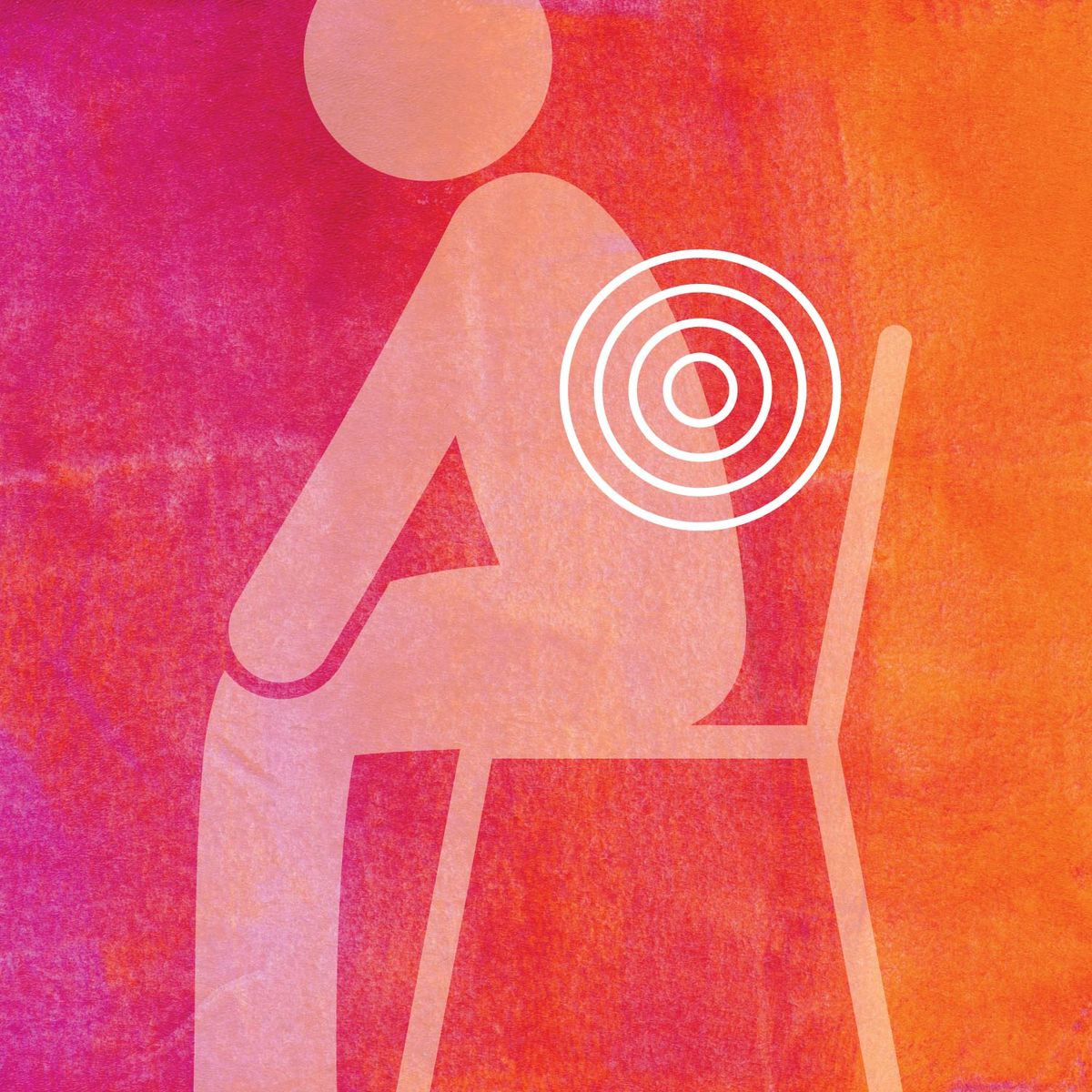U.S. National Survey Identifies Associations Between Chronic Severe Back Pain and Disability

According to a new analysis of national survey data, 8.2 percent of American adults have chronic severe back pain, and about three-quarters (74.8 percent) of those with chronic severe back pain have difficulties with mobility, social participation, self-care, or work participation. The analysis, conducted by researchers at the Université de Montréal and the National Center for Complementary and Integrative Health, was published in The Journal of Pain.
Low-back pain is a very common problem. It’s the most frequent cause of job-related disability and a leading contributor to missed work-days and visits to physicians. Preventing low-back pain from becoming chronic is a high priority. Most previous studies of chronicity and disability associated with low-back pain have been clinic based, with few population-based studies.
This analysis is based on data from the 2019 National Health Interview Survey (NHIS). The NHIS is a nationally representative annual survey of the health of the civilian, noninstitutionalized U.S. population, conducted by the Centers for Disease Control and Prevention’s National Center for Health Statistics. In addition to demographics and other data, information was collected on the persistence and severity of any pain participants had experienced in the 3 months leading up to the survey. In all, 31,997 individuals completed the survey, of whom 2,925 reported having chronic severe back pain. “Chronic” was defined as having pain most days or every day in the past 3 months, and “severe” was defined as responding “a lot” to a question about whether back pain bothered them not at all, a little, a lot, or somewhere in between.
Among the findings from the analysis were:
- The majority of those who reported having chronic severe back pain were women and/or people who were overweight or had obesity.
- Almost all those who had chronic severe back pain reported having at least one coexisting health problem, most commonly arthritis, other musculoskeletal conditions, anxiety, or depression.
- Approximately 75 percent of those with chronic severe back pain reported disability, with 60 percent noting mobility problems and work limitations, 34 percent self-identifying as having limitations with social participation, and 16 percent stating that they had limitations with self-care (getting dressed, washing, etc.).
- People who reported that they were unable to effectively manage their pain were more likely to have limitations in self-care, social participation, and work but not mobility.
- One-fifth of the participants reported that they were not using any pain management strategies that were captured in the survey.
- People who were older had more difficulties with mobility and more work limitations.
- Lower socioeconomic status was associated with increased likelihood of disability, and having obesity was associated with mobility difficulties.
The researchers found that this analysis echoed previous literature on associations linking comorbidities and lifestyle factors (such as work and sociodemographic factors) to low-back pain severity and persistence. They noted that this analysis may help researchers and practitioners identify individuals at high risk of disability due to severe chronic back pain and provide appropriate pain management.
Reference
- Feldman DE, Nahin RL. Disability among persons with chronic severe back pain: results from a nationally representative population-based sample. The Journal of Pain. 2022;23(12):2144-2154.
Publication Date: September 9, 2022